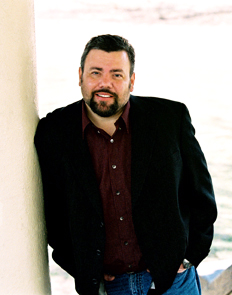A Quote by Kurt Vonnegut
A story has to be a good date, because the reader can stop at any time. Remember, readers are selfish and have no compulsion to be decent about anything.
Related Quotes
I do open endings on purpose. I expect a lot from my readers. I want them to do much of the work, because I believe that the story is built by the reader, not by the writer. I like having an open ending to a standalone fantasy, because it allows a continuing story to be written in the hearts of the readers.
I have a total responsibility to the reader. The reader has to trust me and never feel betrayed. There's a double standard between writers and readers. Readers can be unfaithful to writers anytime they like, but writers must never ever be unfaithful to the readers. And it's appropriate, because the writer is getting paid and the reader isn't.
I dislike that premise implies that a fiction writer is incapable of dreaming up stories that can bring readers to tears, that if you are lucky enough to be living a pretty sedate life ,as I am, you've got nothing worthy of writing about, that you're incapable of making a reader's gut wrench.Frankly, that's what makes readers nervous, the sorcery of you or me or any good fiction writer making up characters who feel like real people, of telling a story that feels true but isn't.
In terms of whether I use humor to allow me or my readers to come up for air, I don't think I put that much thought into it. I hate to say it, but I first have to entertain myself before I can think about the reader. I know that's kind of weird and selfish, but I write because it's fun, not because I need to put bread on the table.
I allude to Back to the Future in the 1985 story to let folks know it was an inspiration and because it literally was the most time-travelly bit of pop culture we had in the mid 80's. I can talk about their tools for considering change. First, the book is metafictive in a traditional sense where I'm showing and telling the reader that the act of writing and reading is a reflexive way to push boundaries of real and literal time travel. Writers and readers are time travellers. The question is what we do with that time we traveled when we leave a book, leave a page.
The ear is the only true writer and the only true reader. I know people who read without hearing the sentence sounds and they were the fastest readers. Eye readers we call them. They get the meaning by glances. But they are bad readers because they miss the best part of what a good writer puts into his work.
My readers have to work with me to create the experience. They have to bring their imaginations to the story. No one sees a book in the same way, no one sees the characters the same way. As a reader you imagine them in your own mind. So, together, as author and reader, we have both created the story.






































